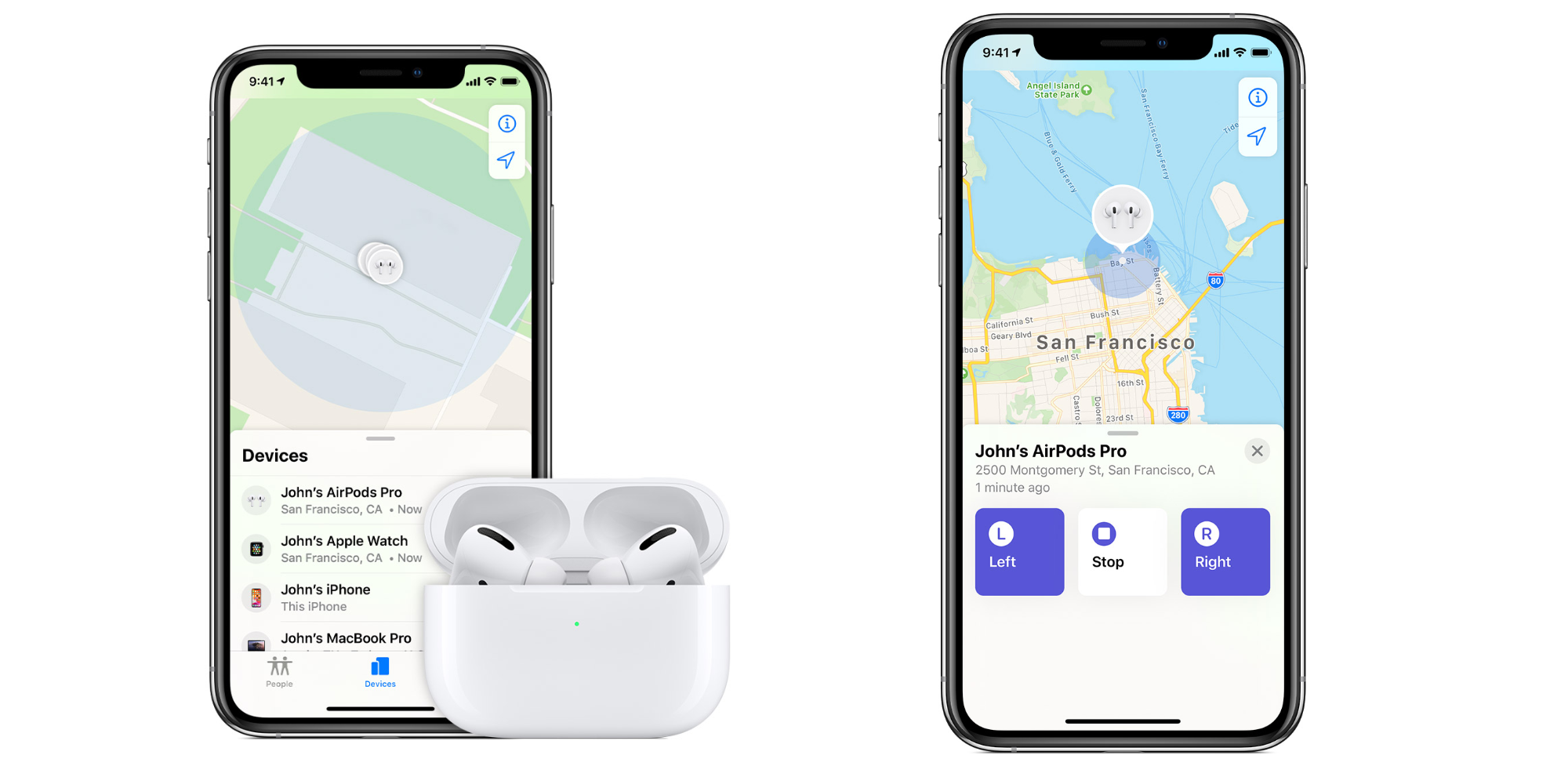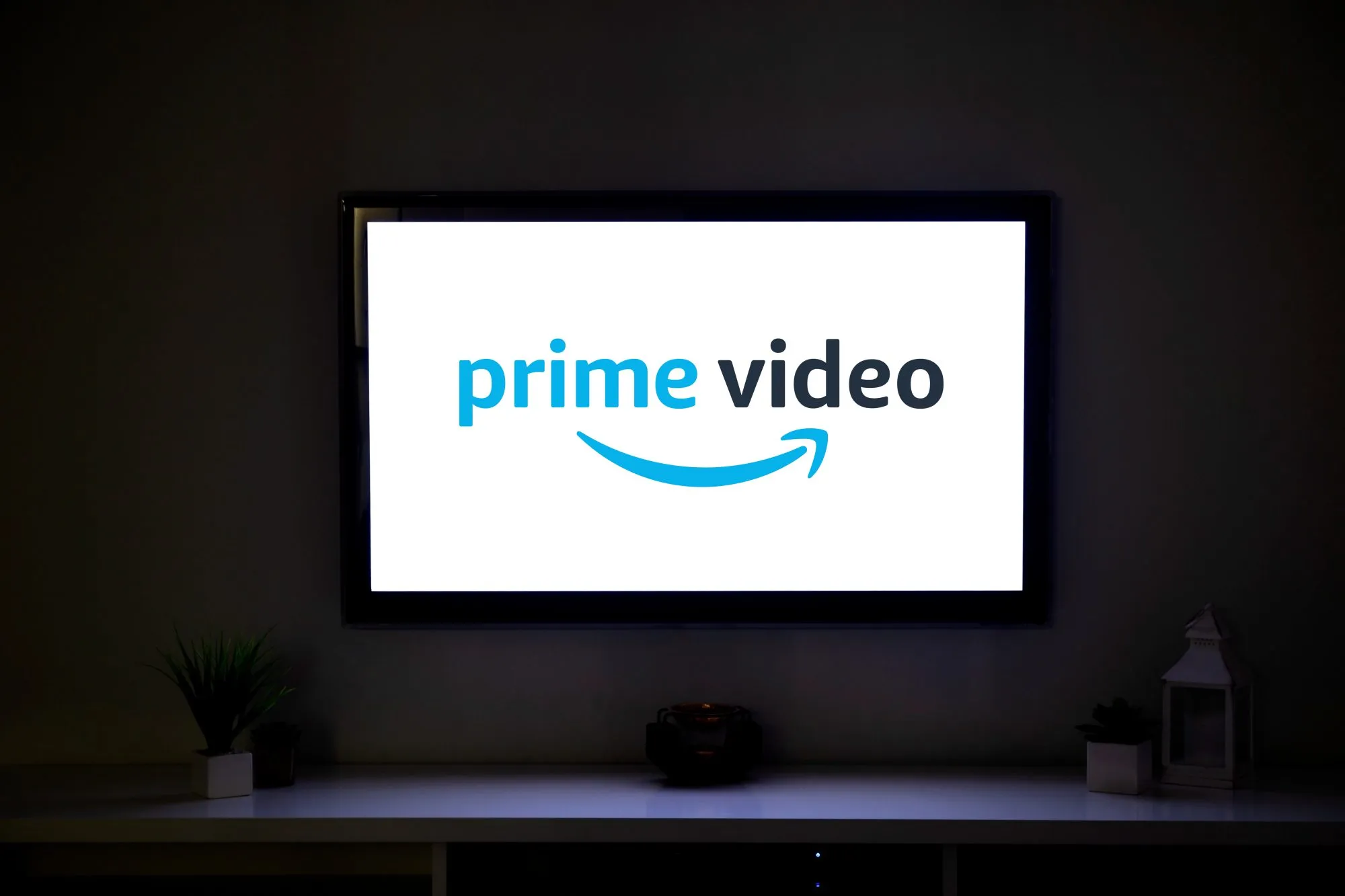The US House of Representatives has made a significant move that could pave the way for a nationwide ban on TikTok, the popular social media platform owned by the Chinese company ByteDance. This development has stirred a considerable debate across various sectors, highlighting concerns about national security, free speech, and the future of digital platforms in the United States.
Key Highlights:
- The bill requires ByteDance to sell TikTok or face a ban from American app stores.
- Bipartisan support in the House reflects widespread concern over national security implications.
- TikTok’s CEO, Shou Zi Chew, is scheduled to testify before Congress, emphasizing the platform’s efforts to protect user data and its importance for American cultural export.
- The ACLU and TikTok have raised concerns about the bill’s impact on free speech and its constitutionality.
- The ban’s implications extend beyond TikTok, contemplating restrictions on apps controlled by foreign adversaries.
Background and Implications
The legislation, backed by a unanimous vote from the House Energy and Commerce Committee, sets a 165-day deadline for ByteDance to divest from TikTok. This move is part of broader efforts to mitigate potential national security threats posed by foreign-controlled tech companies. TikTok’s immense popularity in the US, with over 150 million monthly users, underscores the significant impact such a ban could have on the digital landscape.
Critics of the bill, including TikTok and the American Civil Liberties Union (ACLU), argue that it infringes on free speech rights and could set a precedent for government censorship of digital platforms. TikTok has particularly highlighted its role in disseminating American culture worldwide, while the ACLU points to potential constitutional issues raised by the bill’s broad and restrictive measures.
Stakeholder Positions and Concerns
Government and National Security
For lawmakers and national security officials, the primary concern revolves around the potential for foreign surveillance and data collection through platforms like TikTok. The bipartisan support for the bill suggests a rare consensus on the perceived threat posed by the Chinese government’s potential access to American users’ data. Officials argue that divesting TikTok from ByteDance is a necessary step to mitigate these risks without outright banning the platform, thereby balancing security concerns with the benefits of digital exchange and expression.
TikTok and ByteDance
From TikTok and ByteDance’s perspective, the bill represents a significant threat not only to their business operations in one of their largest markets but also to the principle of open digital exchange. TikTok has emphasized its efforts to protect user data, including routing all US user data to Oracle servers within the country, as part of its broader attempt to address security concerns without compromising its service.
Despite these criticisms, proponents of the bill assert that the legislation aims to protect American citizens from surveillance and data collection practices that could serve foreign interests, particularly those of the Chinese Communist Party. By mandating the divestiture of TikTok, lawmakers aim to alleviate national security concerns while ostensibly preserving the platform’s availability to American users under new ownership.
The bill’s passage through the House marks a critical step toward a potential TikTok ban, but it still faces several hurdles before becoming law. It must pass the Senate and receive the President’s approval. Moreover, the upcoming testimony of TikTok’s CEO to Congress will likely play a crucial role in shaping the legislative landscape and public opinion on this issue.
The debate around the TikTok ban bill reflects broader tensions between national security priorities and the values of free expression and open digital spaces. As the situation evolves, it will be crucial to balance these considerations to protect both the physical security and the democratic ideals that define American society.

















